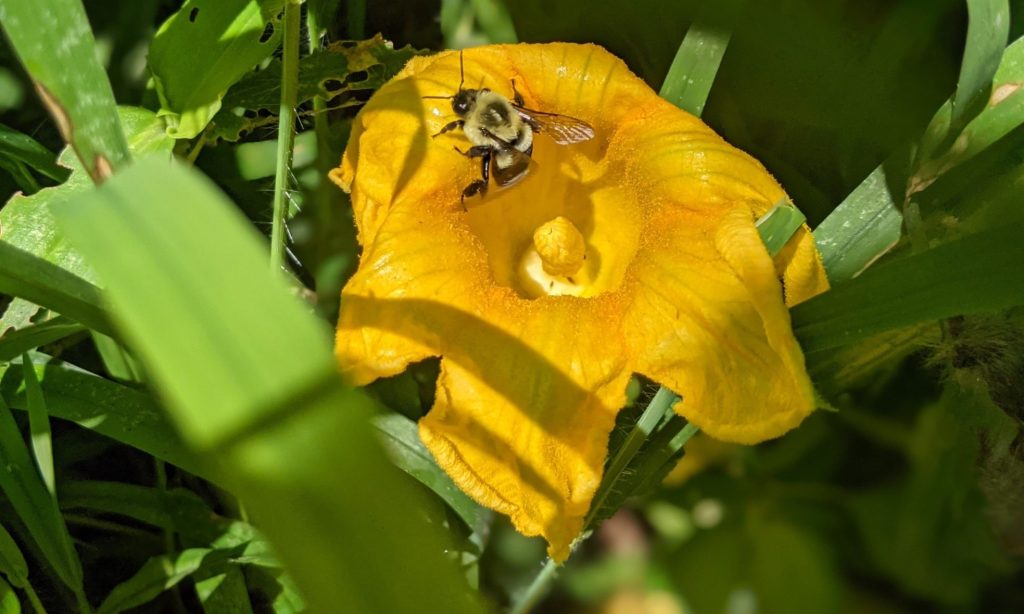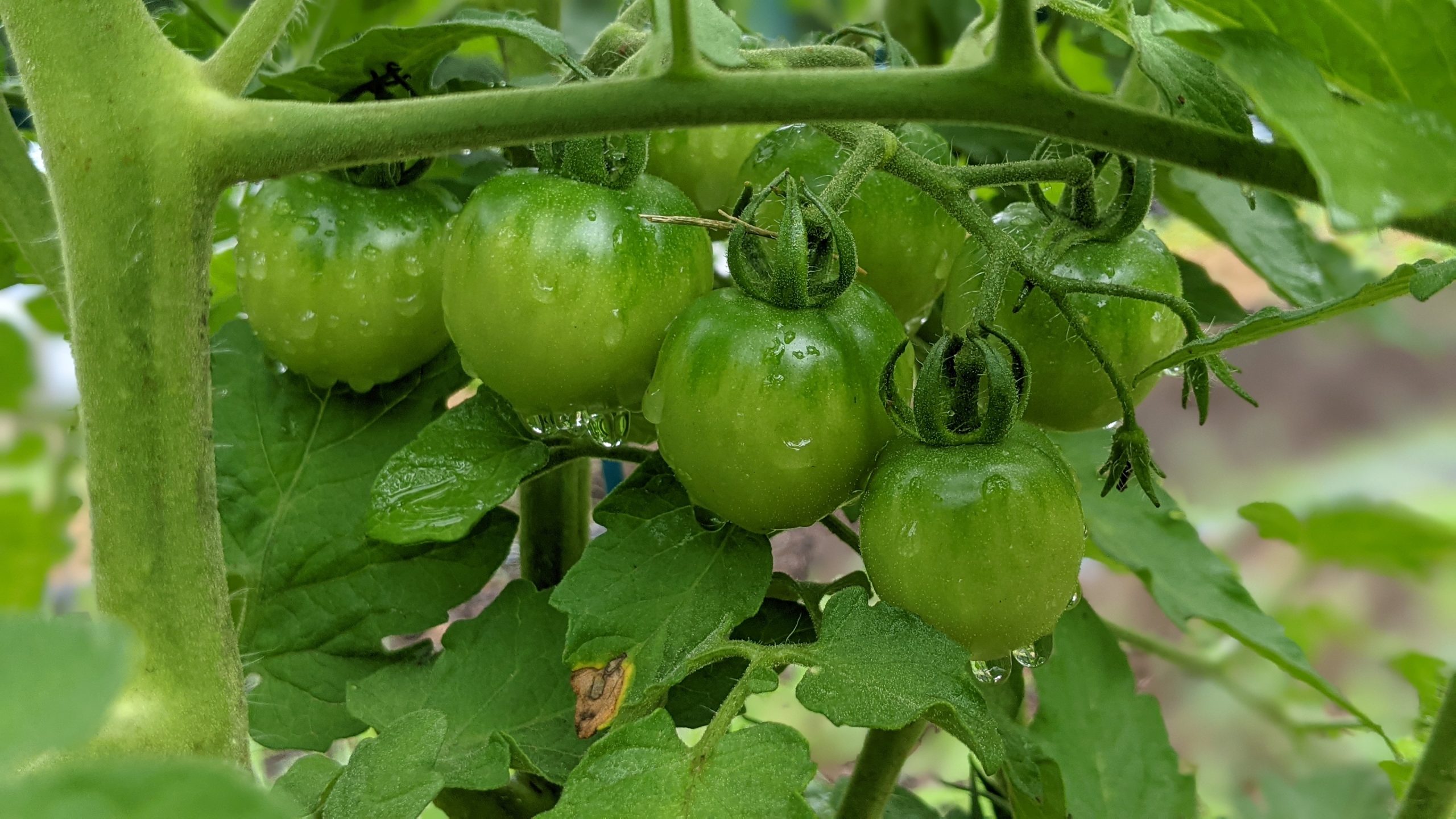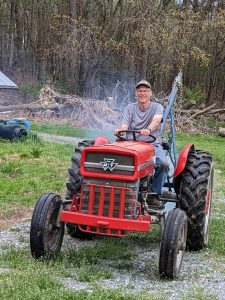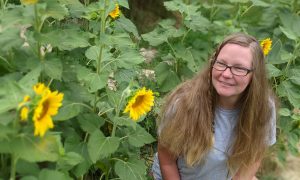
Why Start a Community Garden
When we originally bought the farm from a friend in 2021, we had intentions to just having place for a larger garden / fruit orchard, recreation and eventually build a house. The growing possibility of food insecurity and food cost inflation led us to reconsider our plans. Instead asked how many families can we help feed? Can we help people to learn who to have their own backyard gardens.
Location: Bennett, NC
Description of Property: 10 acres with 7 acres in pasture / garden.
Season: April, 15th, 2023 through Sept 30th, 2023
Goals for the Farm
- Teach and encourage backyard gardening
- Distribute excess seeds and food from our farm to the greater community, to help encourage others to garden
- Feed as many families as possible
- Teach regenerative soil practices and permaculture
- Use farming as way for the participants to find solace from a crazy. Something relaxing about hands in soil
- Give others a way to try out the homestead life before you dive in and start a homestead
Current Situation
We have slots for 6 families for 2023. Each slot is approximately 5 hours of labor per week A slot can be shared by a couple. Right now we have 5 families on the roster, so there is room for an additional family.
The purpose isn’t to recruit anyone one. We are looking for people who are passionate about growing healthy food, learning about gardening and creating better food security for yourself. If this isn’t something you really want to do deep down inside then this isn’t for you.
Typical schedule
– Saturday – 8:30 to 11:30
– Wednesday – 8:30 to 10:30
Season Duration
Late February through Late October
How it Works
The garden is a communal meaning that we all share the work to keep plant and manage the crop, then share the harvest.
We plan to harvest twice a week. Whoever participates on any harvest day gets a portion of the harvest. Twice per week is the least often we can harvest crops like squash, zucchini, and okra.
There are three phases to the season
- preparing the garden – tilling, sewing, putting down drip tape, installing perennials and everything to get ready for the season. This is also when we add new perennials or trees. These are usually the longest days of the season
- harvest and maintenance – harvesting the crops and maintaining the garden. Things like hoeing and planting later crops like sweet potatoes
- late season harvest and preparing for the spring – as the harvest declines we start turning over beds and planting cover crops
Because weeds grow and crops need harvesting whether we are there or not, it is important that anyone participating in the community garden is a consistent participant. We’ll set up a schedule and its important that we all stick to the schedule and keep the garden as a high priority.
Safety First
It is important to keep in mind that weather can stop activities on the farm if it is severe. Safety is first However, it is important to keep in mind that sometimes it is hot outside (especially mid-July through September) but we still have to stay hydrated and get the job done. You may be working in drizzling rain or hot temperatures. That is part of being outdoors. However, safety is always first.
How Often are You Required to Participate
We can work around planned absences such as vacations. Sometimes things happen in life that pull you away from normal activities (sickness, work trips, etc). It is important to keep in mind that if you aren’t present to help, someone else has to put in extra time to make up for you not being there.
During the growing season, you are expected to be an active part of the farm. That simply means showing up and diving in to keep the crops growing, maintained and harvested. We all need a break from time to time, so assume that everyone is going to be out 2 weeks per person during the growing season for vacations, travel, etc. Those need to be planned in advance.
When it comes to unplanned absences the following rules apply:
1st unplanned absence – consideration given to the nature of the absence. Possible removal from group if the absence was frivolous.
2nd unplanned absence – mostly likely will result in removal from group
3rd unplanned absence – removal from group
The is no expectation for any participant to operate any type of heavy equipment.
With farming there is risk. We can’t guarantee results but we take steps to minimize the risk of crops failing including irrigation and anti-deer, electric fences.
February Homestead Experience
You are strongly encouraged to participate in the 2022 Homestead Experience. This is a great way to get to know each other, spend time on the farm and make sure that participating in the community garden is something that you really, really want to do.
Practices:
- We irrigate using drip irrigation.
- Anti-deer electric fences help prevent loss of crops from deer depredation
- Regenerative soil practices – we use cover crops to help build soil and minimize the use of synthetic fertilizers.
- Low / no-till – we are working to minimize our soil tillage to help continuously improve our soil
- integrated pest management – low pesticide / insecticide use. No glyphosates. Plan to install pollinator gardens in the fall to help with pollination and attracting predatory insects
- Hugelkultur – we use a hugelkultur mound in one area. The mound in 85′ long.
- permaculture is a concept that is important to our approach
- we are not organic – ask me why sometime, not opposed to it, I just think there are better ways to go
Planned Crops for 2023
Here is the list of crops we plan to grow in 2023
Summer squash
- Straight neck
- Patty Pan
Winter squash
- Candy Roaster
- Tromboncino Summer Squash
- Cushaw
Eggplant
- Ping Tung Long Eggplant
Okra
Garlic
Onions
Pumpkins
- Tan Cheese
- Carving
Radishes
Peppers
Onions – Egyptian Walking Onions
Sunflowers, Pedrovik
Cantaloupe
Watermelon
Fruits
figs
blackberries
elderberries
mulberries
blueberries (planned for 2023)
pecans (planned for 2023)
Note: we installed the fruit trees and bushes in 2021/2022 so there probably won’t be any significant crop until 2023 and 2024
Contact Us to discuss the opportunity


 I’m a mechanical engineer turned weekend farmer, so I’m just smart enough to know that there is a lot that I don’t know especially when it comes to farming, permaculture and food forests. I’ve been heavily influenced in my love of farming and permaculture by my Mom and Dad and also by people like
I’m a mechanical engineer turned weekend farmer, so I’m just smart enough to know that there is a lot that I don’t know especially when it comes to farming, permaculture and food forests. I’ve been heavily influenced in my love of farming and permaculture by my Mom and Dad and also by people like  Connie has her certificate in Sustainable Agriculture from CCCC. She really enjoyed the classes at the community college and learned a lot. The program was a mixture of classes and work on the school farm. What she learned has really added to our technical proficiency on the farm.
Connie has her certificate in Sustainable Agriculture from CCCC. She really enjoyed the classes at the community college and learned a lot. The program was a mixture of classes and work on the school farm. What she learned has really added to our technical proficiency on the farm.